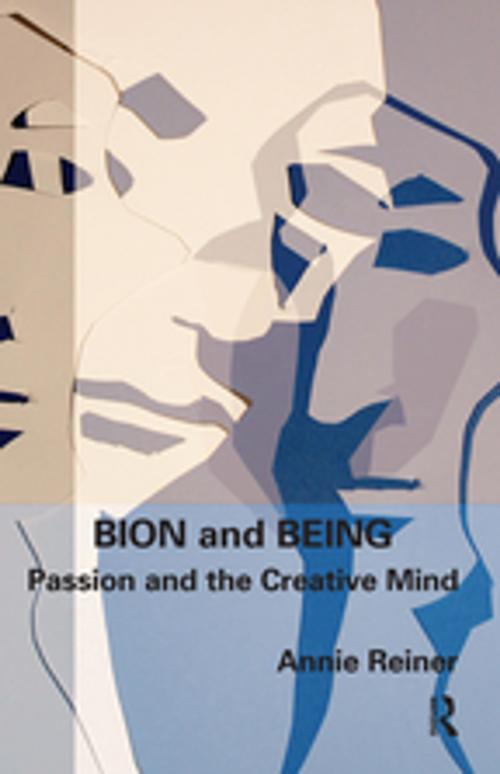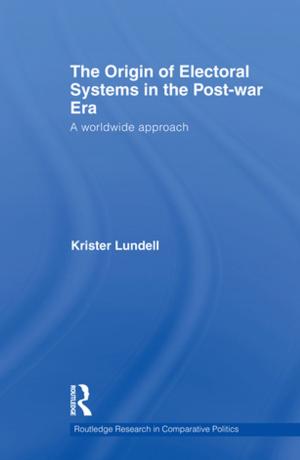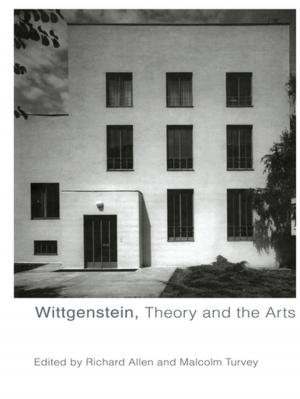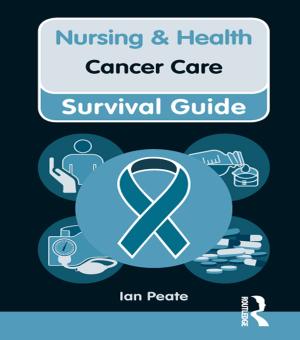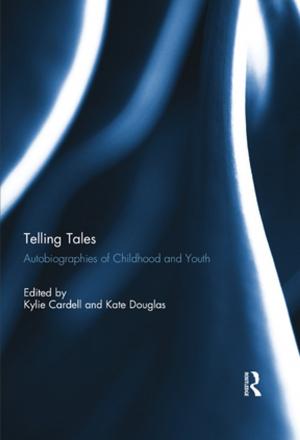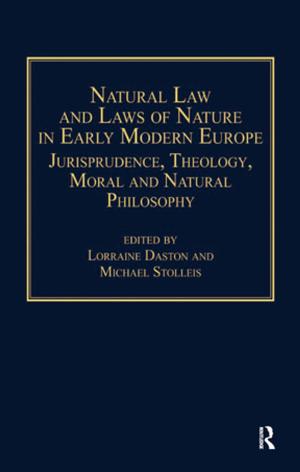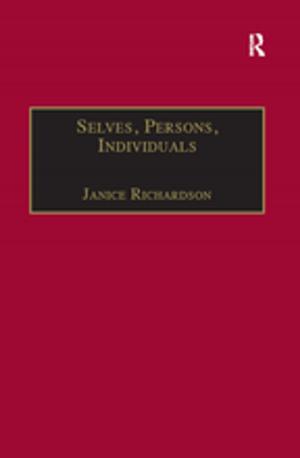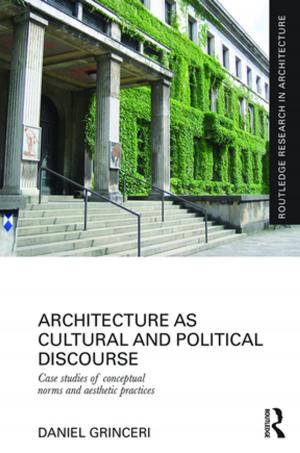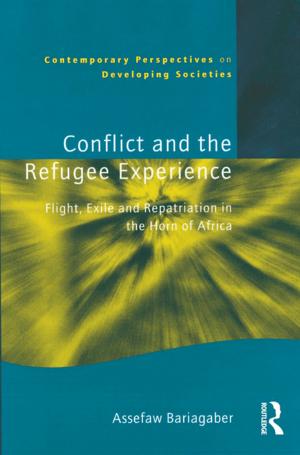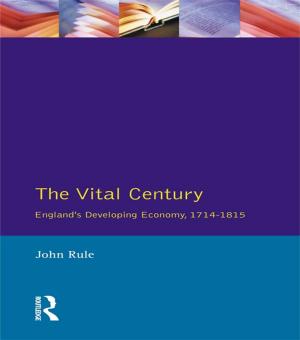Bion and Being
Passion and the Creative Mind
Nonfiction, Health & Well Being, Psychology, Mental Health| Author: | Annie Reiner | ISBN: | 9780429911446 |
| Publisher: | Taylor and Francis | Publication: | March 21, 2018 |
| Imprint: | Routledge | Language: | English |
| Author: | Annie Reiner |
| ISBN: | 9780429911446 |
| Publisher: | Taylor and Francis |
| Publication: | March 21, 2018 |
| Imprint: | Routledge |
| Language: | English |
With his concept of "O," Wilfred Bion provided a new psychoanalytic space in which to explore the mind. Dr Annie Reiner's new book, Bion and Being: Passion and the Creative Mind, examines the similarities between this psychoanalytic space and the artist's creative sensibility, as well as mystical and religious states. This most mysterious and revolutionary of Bion's analytic ideas reflects what is essentially a state of being, an experience of mental integrity and union between emotional and rational functions of the mind which is the basis of thinking and creativity. In an effort to provide emotional understanding to Bion's theoretical ideas, Dr Reiner uses examples of artists, poets, writers, theologians, and philosophers, including Rilke, Cummings, Shakespeare, Beckett, and Nietzsche, to illustrate these psychoanalytic concepts. She also presents detailed clinical examples of patient's dreams to explore the obstacles to these states of being, as well as how to work clinically to develop access to these creative states.
With his concept of "O," Wilfred Bion provided a new psychoanalytic space in which to explore the mind. Dr Annie Reiner's new book, Bion and Being: Passion and the Creative Mind, examines the similarities between this psychoanalytic space and the artist's creative sensibility, as well as mystical and religious states. This most mysterious and revolutionary of Bion's analytic ideas reflects what is essentially a state of being, an experience of mental integrity and union between emotional and rational functions of the mind which is the basis of thinking and creativity. In an effort to provide emotional understanding to Bion's theoretical ideas, Dr Reiner uses examples of artists, poets, writers, theologians, and philosophers, including Rilke, Cummings, Shakespeare, Beckett, and Nietzsche, to illustrate these psychoanalytic concepts. She also presents detailed clinical examples of patient's dreams to explore the obstacles to these states of being, as well as how to work clinically to develop access to these creative states.
